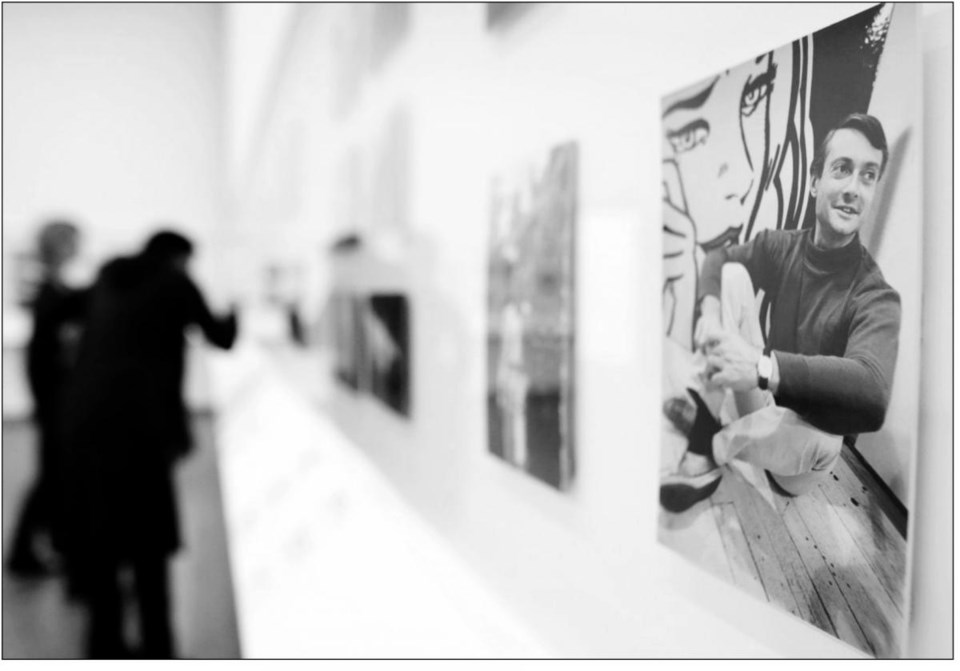A collection of more than 400 recently rediscovered prints in which Dennis Hopper documented the U.S. arts scene of the mid-1960s, the civil rights movement and much more is going on show in Berlin - an exhibition that his children say offers an intimate glimpse of his youth.
The black-and-white small-format photos in the exhibition, "Dennis Hopper - The Lost Album," were taken between 1961 and 1967, when Hopper was out of favour in Hollywood and before he directed Easy Rider, which became a huge and unlikely success.
The prints - some now showing signs of wear - were selected by Hopper himself for an exhibition in Fort Worth, Texas, in 1970, but later put into storage and forgotten. His daughter, Marin Hopper, said that after Hopper died in 2010 and his house was cleared out for sale, the family happened on several boxes containing the prints.
Curators at Berlin's Martin-Gropius-Bau museum, which previewed the show this week, tried to put together the prints, never shown before in Europe, in much the same way they were originally exhibited in 1970.
There are portraits of Hopper's family, friends and acquaintances, including many now-famous artists and performers - such as Roy Lichtenstein, Claes Oldenburg, Andy Warhol, David Hockney, Ike and Tina Turner, James Brown and Easy Rider co-star Peter Fonda.
There's also a collection of pictures from the 1965 civil rights march from Selma to Montgomery, Alabama, with the Rev.
Martin Luther King Jr.; photos of hippies and Hell's Angels; a sequence of pictures from a bullfight in Mexico; and a series of abstract photos.
"He was a very serious artist," curator Petra Giloy-Hirtz said.
"We always see Dennis Hopper as an enfant terrible, someone who was always crazy, but he took his photographic work very, very seriously."
"I really felt that it was like having a conversation with him," Marin Hopper, who helped organize the exhibition, said of the show.
"It is a very intimate portrayal of his thought process as an artist," she told The Associated Press. "I felt that I missed him very much and I was very happy that I could have this show to have an ongoing dialogue with him."
Hopper was twice nominated for Oscars during a career marked by successes, failures and comebacks.
After a promising start that included roles in two James Dean films, Hopper's acting career languished as he developed a reputation for tantrums and drug abuse. But Easy Rider, which brought the counterculture to Hollywood, reestablished that career.
"I just see him as a young man, having these experiences, taking these pictures, and it's really valuable for me," Hopper's son, actor Henry Hopper, said of the Berlin show.
The exhibition is now open to the public and continues until Dec. 17.



